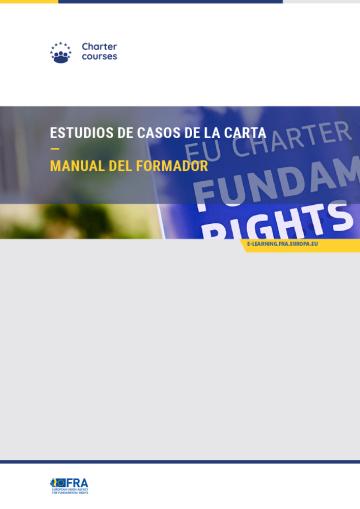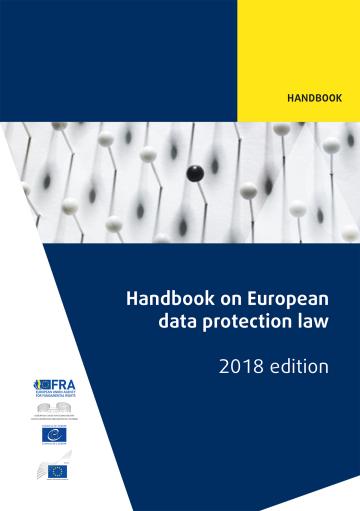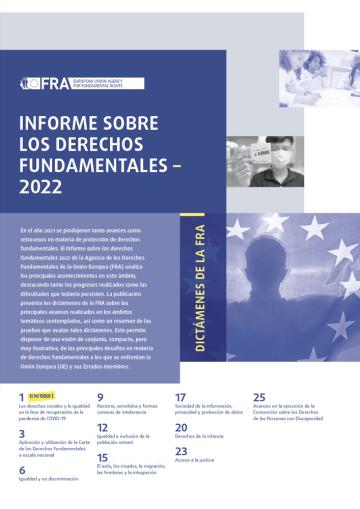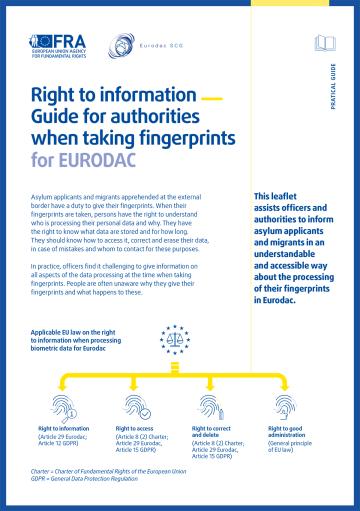Preamble
(30) The investigations of the EPPO should as a rule be carried out by European Delegated Prosecutors in the Member States. They should do so in accordance with this Regulation and, as regards matters not covered by this Regulation, in accordance with national law. European Delegated Prosecutors should carry out their tasks under the supervision of the supervising European Prosecutor and under the direction and instruction of the competent Permanent Chamber. Where the national law of a Member State provides for the internal review of certain acts within the structure of the national prosecutor’s office, the review of such decisions taken by the European Delegated Prosecutor should fall under the supervision powers of the supervising European Prosecutor in accordance with the internal rules of procedure of the EPPO. In such cases, Member States should not be obliged to provide for review by national courts, without prejudice to Article 19 TEU and Article 47 of the Charter of Fundamental Rights of the European Union (‘the Charter’).
(80) The evidence presented by the EPPO in court should not be denied admission on the mere ground that the evidence was gathered in another Member State or in accordance with the law of another Member State, provided that the trial court considers its admission to respect the fairness of the procedure and the suspect or accused person’s rights of defence under the Charter. This Regulation respects the fundamental rights and observes the principles recognised by Article 6 TEU and in the Charter, in particular Title VI thereof, by international law and by international agreements to which the Union or all the Member States are party, including the European Convention for the Protection of Human Rights and Fundamental Freedoms, and by Member States’ constitutions in their respective fields of application. In line with those principles, and in respecting the different legal systems and traditions of the Member States as provided for in Article 67(1) TFEU, nothing in this Regulation may be interpreted as prohibiting the courts from applying the fundamental principles of national law on fairness of the procedure that they apply in their national systems, including in common law systems.
(83) This Regulation requires the EPPO to respect, in particular, the right to a fair trial, the rights of the defence and the presumption of innocence, as enshrined in Articles 47 and 48 of the Charter. Article 50 of the Charter, which protects the right not to be tried or punished twice in criminal proceedings for the same offence (ne bis in idem), ensures that there will be no double jeopardy as a result of the prosecutions brought by the EPPO. The activities of the EPPO should thus be exercised in full compliance with those rights and this Regulation should be applied and interpreted accordingly.
(98) In order to ensure effective, reliable and consistent monitoring of compliance with and enforcement of this Regulation as regards operational personal data, as required by Article 8 of the Charter, the European Data Protection Supervisor should have the tasks laid down in this Regulation and should have effective powers, including investigative, corrective, and advisory powers which constitute the necessary means to perform those tasks. However, the powers of the European Data Protection Supervisor should not unduly interfere with specific rules for criminal proceedings, including investigation and prosecution of criminal offences, or the independence of the judiciary.
Article 5: Basic principles of the activities
1. The EPPO shall ensure that its activities respect the rights enshrined in the Charter.
2. The EPPO shall be bound by the principles of rule of law and proportionality in all its activities.
3. The investigations and prosecutions on behalf of the EPPO shall be governed by this Regulation. National law shall apply to the extent that a matter is not regulated by this Regulation. Unless otherwise specified in this Regulation, the applicable national law shall be the law of the Member State whose European Delegated Prosecutor is handling the case in accordance with Article 13(1). Where a matter is governed by both national law and this Regulation, the latter shall prevail.
4. The EPPO shall conduct its investigations in an impartial manner and shall seek all relevant evidence whether inculpatory or exculpatory.
5. The EPPO shall open and conduct investigations without undue delay.
6. The competent national authorities shall actively assist and support the investigations and prosecutions of the EPPO. Any action, policy or procedure under this Regulation shall be guided by the principle of sincere cooperation.
Article 41: Scope of the rights of the suspects and accused persons
1. The activities of the EPPO shall be carried out in full compliance with the rights of suspects and accused persons enshrined in the Charter, including the right to a fair trial and the rights of defence.
2. Any suspected or accused person in the criminal proceedings of the EPPO shall, at aa minimum, have the procedural rights provided for in Union law, including directives concerning the rights of suspects and accused persons in criminal procedures, as implemented by national law, such as:
(a) the right to interpretation and translation, as provided for in Directive 2010/64/EU;
(b) the right to information and access to the case materials, as provided for in Directive 2012/13/EU;
(c) the right of access to a lawyer and the right to communicate with and have third persons informed in the event of detention, as provided for in Directive 2013/48/EU;
(d) the right to remain silent and the right to be presumed innocent as provided for in Directive (EU) 2016/343;
(e) the right to legal aid as provided for in Directive (EU) 2016/1919.
3. Without prejudice to the rights referred to in this Chapter, suspects and accused persons as well as other persons involved in the proceedings of the EPPO shall have all the procedural rights available to them under the applicable national law, including the possibility to present evidence, to request the appointment of experts or expert examination and hearing of witnesses, and to request the EPPO to obtain such measures on behalf of the defence.
Article 47: Principles relating to processing of personal data
1. Personal data shall be:
(a) processed lawfully and fairly (‘lawfulness and fairness’);
(b) collected for specified, explicit and legitimate purposes and not further processed in a manner incompatible with those purposes; further processing for archiving purposes in the public interest, scientific or historical research purposes or statistical purposes shall not be considered to be incompatible with the initial purposes provided that the EPPO provides appropriate safeguards for the rights and freedoms of data subjects (‘purpose limitation’);
(c) adequate, relevant, and not excessive in relation to the purposes for which they are processed (‘data minimisation’);
(d) accurate and, where necessary, kept up to date; every reasonable step must be taken to ensure that personal data that are inaccurate, having regard to the purposes for which they are processed, are erased or rectified without delay (‘accuracy’);
(e) kept in a form which permits identification of data subjects for no longer than is necessary for the purposes for which the personal data are processed; personal data may be stored for longer periods insofar as the personal data will be processed solely for archiving purposes in the public interest, scientific or historical research purposes or statistical purposes provided that the EPPO provides appropriate safeguards for the rights and freedoms of data subjects, in particular by the implementation of the appropriate technical and organisational measures required by this Regulation (‘storage limitation’);
(f) processed in a manner that ensures appropriate security of the personal data, including protection against unauthorised or unlawful processing and against accidental loss, destruction or damage, using appropriate technical or organisational measures (‘integrity and confidentiality’).
2. The EPPO shall be responsible for, and be able to demonstrate compliance with paragraph 1 (‘accountability’) when processing personal data wholly or partly by automated means and when processing other than by automated means personal data which form part of a filing system or are intended to form part of a filing system.
3. Processing by the EPPO for any of the purposes set out in Article 49 other than that for which the operational personal data are collected shall be permitted in so far as:
(a) the EPPO is authorised to process such operational personal data for such a purpose in accordance with this Regulation; and
(b) processing is necessary and proportionate to that other purpose in accordance with Union law; and
(c) where relevant, the use of operational personal data is not prohibited by the applicable national procedural law on the investigative measures taken in accordance with Article 30. The applicable national procedural law is the law of the Member State where the data was obtained.










